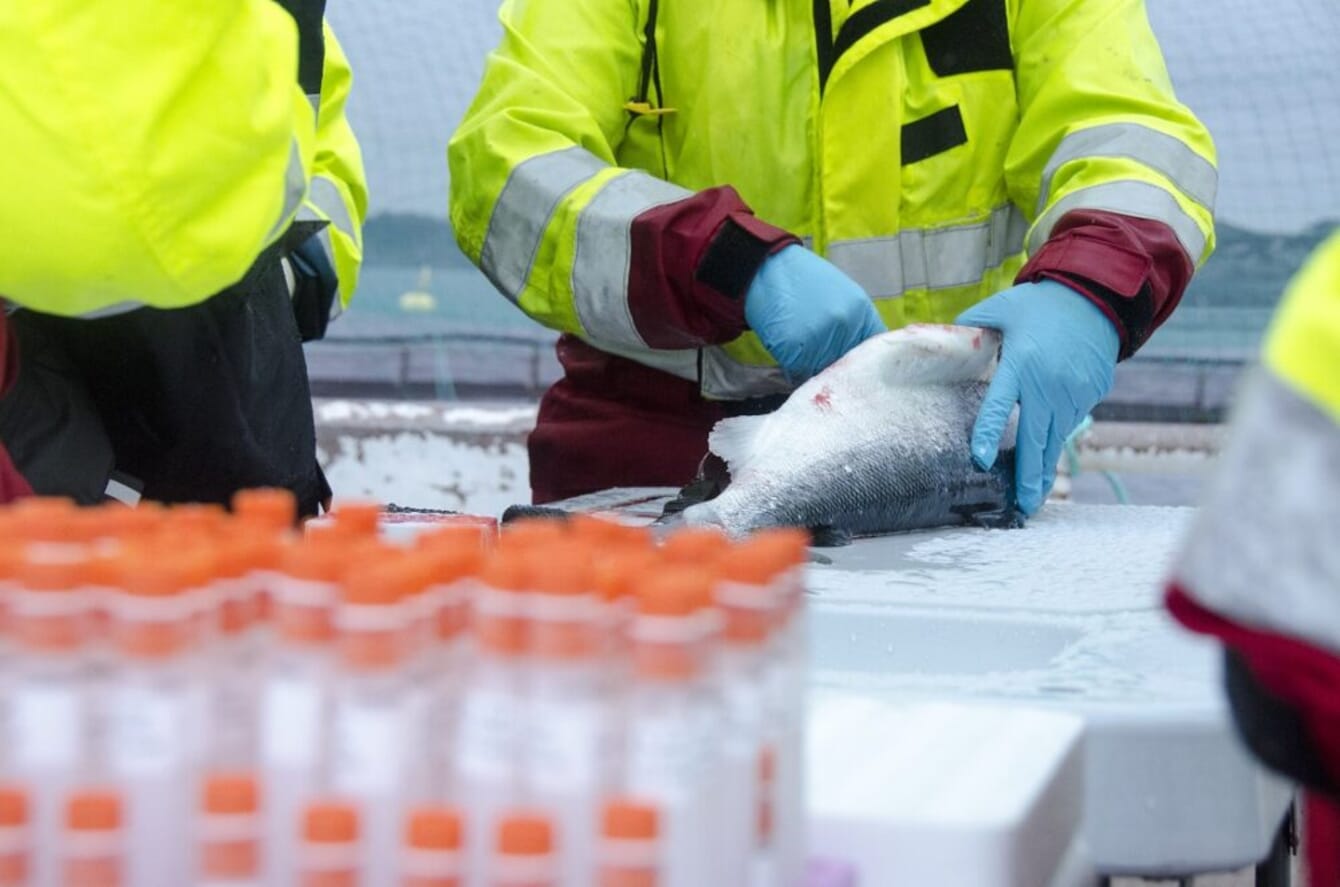
© Martin Nielsen, HoloFish
The parasites’ own microbiome – ie everything that lives inside them – sometimes also plays a role in the host’s health, according to research findings from the NTNU University Museum.
“We investigated the microbiome of the tapeworm Eubothrium and the effect that this microbiome has on the farmed salmon it infests,” Jaelle C Brealey, a postdoctoral fellow at NTNU’s Department of Natural History, told Steinar Brandslet.
“The tapeworm has a microbiome that is distinct from the microbiome in the salmon,” she added.
This means that the different fungi, viruses and bacteria in the tapeworm could interact with the fungi, viruses and bacteria in the salmon. But how this might happen is currently unclear.
The significance of the parasite microbiome
“We’re gradually beginning to understand the importance of the microbiome in the parasites,” explained Dr Brealey.
Understanding how the parasite’s microbiome affects the health of its host is one of the researchers’ priorities. But this research is only in the very early stages.
“Overall, little microbiome research has been done on parasitic worms in general, and tapeworms in particular. This is despite the fact that they pose a major health problem, not only for fish, but also for other species like humans,” said Brealey.
According to Brandslet, the study expands the understanding of a topic that is not only important for the salmon aquaculture industry, but also provides general information about how parasites and their hosts interact, which could prove useful in other contexts as well.



